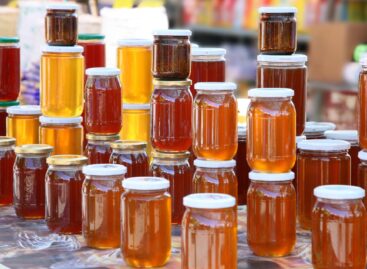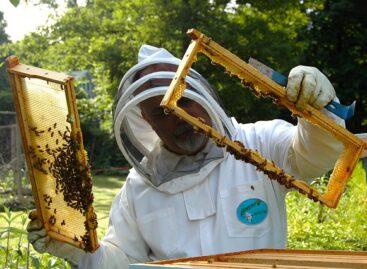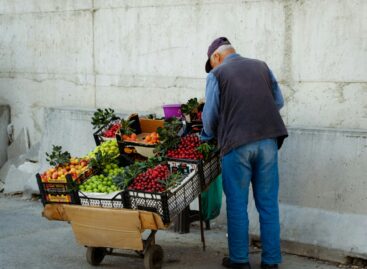They expect little rapeseed and acacia honey this year
Mild winters and early spring have favored the development of bee colonies, but this year’s rapeseed and acacia honey production may be weaker due to prolonged drought and cooling at the end of March. However, due to the effects of the coronavirus epidemic, there has been an increased interest in Hungarian honey in foreign markets in the last month and a half, explains the Hungarian Nation on Tuesday.

Thanks to the mild winter, the so-called generational change – when the winter bees die and are replaced by new ones – did not happen suddenly, so the bees also had time to prepare – Bross Péter President of the National Hungarian Beekeeping Association (OMME) told the newspaper. According to the expert, beekeepers cannot be optimistic nonetheless. The cold invasion in late March and early April caused damage to plants in many parts of the country, and acacia-sensitive acacia, like fruit trees, suffered from cooling. (MTI)
Related news
BeoBee honeys have conquered Paris too! Three Hungarian honey varieties among the best in the world
🎧 Hallgasd a cikket: Lejátszás Szünet Folytatás Leállítás Nyelv: Auto…
Read more >This is how we eat honey in 2026
🎧 Hallgasd a cikket: Lejátszás Szünet Folytatás Leállítás Nyelv: Auto…
Read more >AM: payment of bee animal welfare subsidies has begun
🎧 Hallgasd a cikket: Lejátszás Szünet Folytatás Leállítás Nyelv: Auto…
Read more >Related news
How does the forint exchange rate affect consumer prices?
🎧 Hallgasd a cikket: Lejátszás Szünet Folytatás Leállítás Nyelv: Auto…
Read more >From ham to egg dye – comprehensive Nébih inspection continues until Easter
🎧 Hallgasd a cikket: Lejátszás Szünet Folytatás Leállítás Nyelv: Auto…
Read more >NGM: Hungarian micro and small enterprises can apply for site development under more flexible conditions
🎧 Hallgasd a cikket: Lejátszás Szünet Folytatás Leállítás Nyelv: Auto…
Read more >







